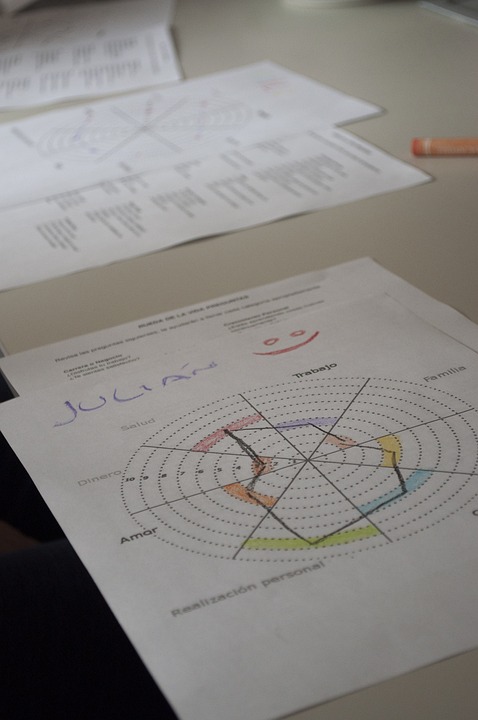An Introduction to Research Methodology: Understanding the Basics
Research methodology is the systematic process used to gather information and data for the purpose of analysis or investigation. It is a vital component in any research study, as it ensures that the research is conducted in a rigorous and systematic manner. By following a well-defined research methodology, researchers can ensure that their findings are valid, reliable, and generalizable.
What is Research Methodology?
Research methodology refers to the strategies, techniques, tools, and procedures used to conduct research. It encompasses the entire process of conducting research, from formulating research questions to analyzing data and drawing conclusions. Research methodology is essential in guiding researchers through every step of the research process, ensuring that they collect relevant data and draw accurate conclusions.
Research methodology can be qualitative, quantitative, or mixed. Qualitative research focuses on exploring and understanding phenomena through in-depth interviews, observations, and case studies. Quantitative research, on the other hand, uses numerical data and statistical analysis to measure and analyze variables. Mixed methods research combines qualitative and quantitative approaches to provide a more comprehensive understanding of the research topic.
The Importance of Research Methodology
Research methodology is crucial in ensuring the validity and reliability of research findings. By following a well-defined research methodology, researchers can minimize errors and biases, ensuring that their findings are accurate and trustworthy. Research methodology also helps researchers to organize their research process, enabling them to conduct research in a systematic and efficient manner.
Moreover, research methodology allows researchers to replicate their study and verify the results. By clearly documenting their research methods, researchers make it possible for others to replicate their study and test the validity of their findings. This enhances the credibility and trustworthiness of the research, making it more valuable to the scientific community.
Components of Research Methodology
Research methodology consists of several key components, including:
1. Research design: The overall plan or strategy for conducting research, including the research questions, hypotheses, and methods used to collect and analyze data.
2. Sampling: The process of selecting a subset of individuals or objects from a larger population to study. Sampling methods include random sampling, stratified sampling, and convenience sampling.
3. Data collection: The methods used to gather data, such as surveys, interviews, observations, and experiments.
4. Data analysis: The process of interpreting and analyzing the data collected, using statistical techniques and software tools.
5. Validity and reliability: Ensuring that the research findings are accurate and trustworthy by minimizing errors and biases.
6. Ethical considerations: Protecting the rights and welfare of research participants, ensuring that the research is conducted ethically and responsibly.
Common Research Methodologies
There are several common research methodologies used in social sciences, including:
1. Experimental research: Involves manipulating one or more variables to observe their effect on another variable. Experimental research is often used in laboratory settings to establish causality between variables.
2. Survey research: Involves collecting data from a large sample of individuals through standardized questionnaires or interviews. Survey research is used to gather information about people’s opinions, attitudes, and behaviors.
3. Case study research: Involves in-depth exploration of a specific case or phenomenon, using multiple sources of data. Case study research is used to investigate complex issues and provide detailed analysis of a specific situation.
4. Content analysis: Involves analyzing textual, visual, or audio-visual data to identify themes, patterns, and trends. Content analysis is used to analyze media content, documents, and other forms of communication.
Conclusion
Research methodology is the foundation of any research study, guiding researchers through every step of the research process. By following a well-defined research methodology, researchers can ensure that their findings are valid, reliable, and generalizable. Research methodology is essential in minimizing errors and biases, organizing the research process, and enhancing the credibility and trustworthiness of the research. By understanding the basics of research methodology, researchers can conduct high-quality research studies that contribute valuable insights to the scientific community.
